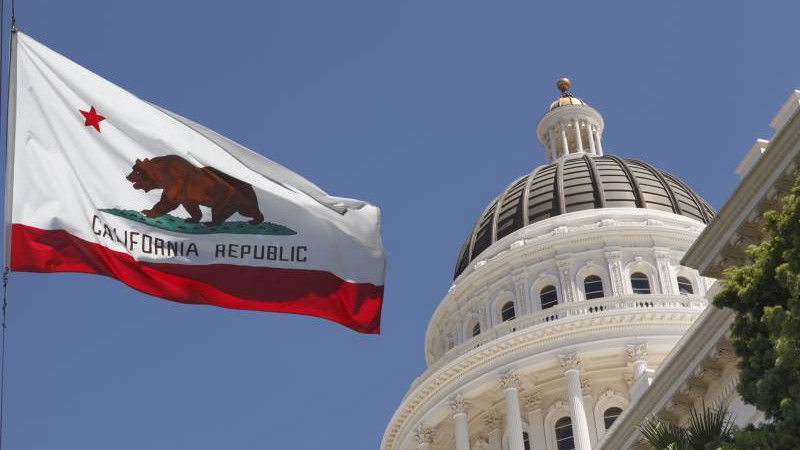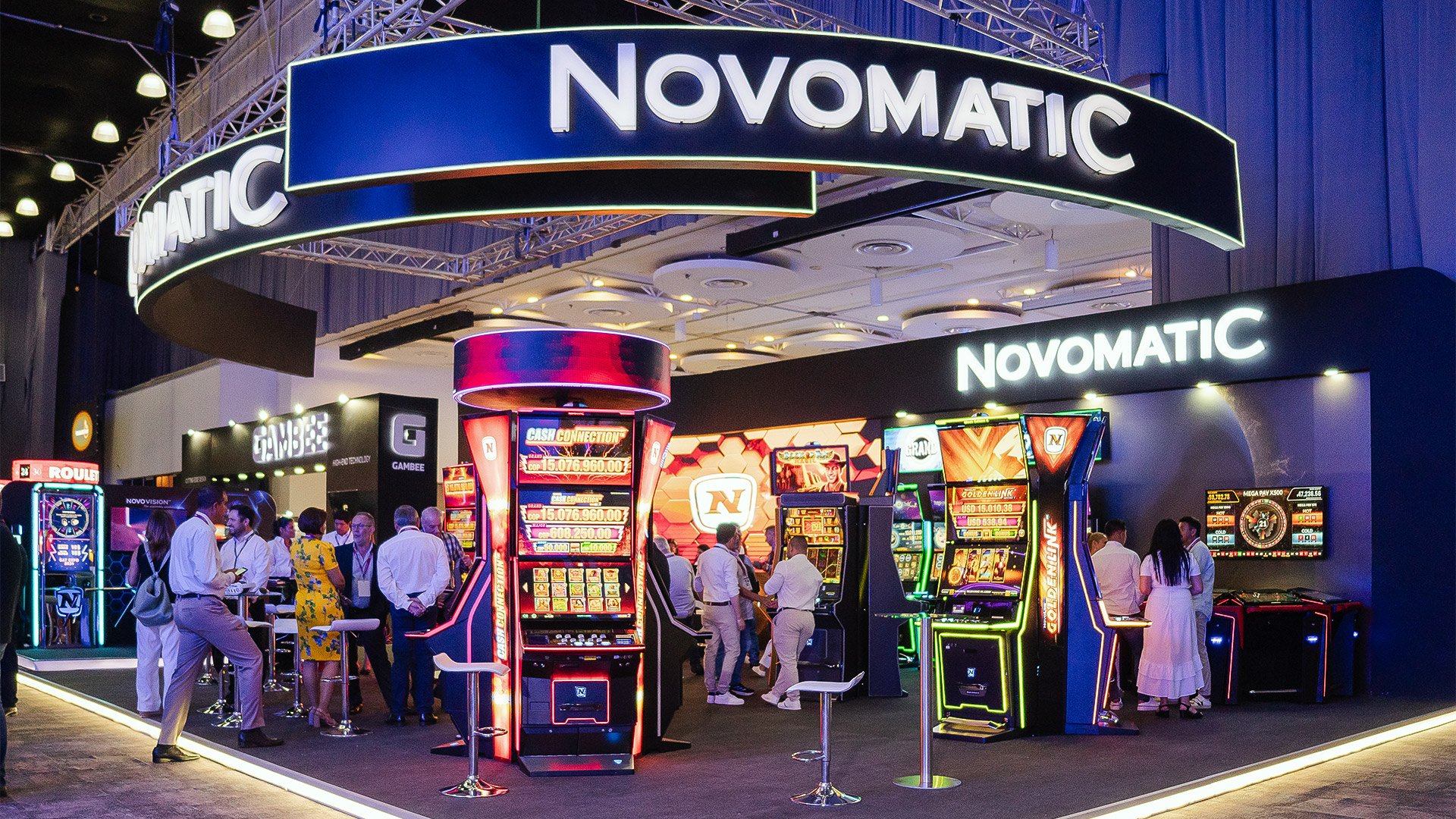Show of support for casino proposal in Saipan in Northern Marianas

The House Committee on Commerce and Tourism's sparsely attended public hearing on Friday night received testimonies in support of allowing casino operations on Saipan to help save the local economy after the demise of the garment industry and a drop in tourist arrivals. None of the 12 members of the public and government agency representatives present at the public hearing voiced opposition to the legalization of casinos on the island.
The public hearing on House Bills 17-55 and 56, introduced by House Speaker Froilan C. Tenorio, was held at the Pedro P. Tenorio Multi-Purpose Center in Susupe on Friday night.
Committee chairman Representative. Edmund Villagomez, along with four other lawmakers and six legislative staffers, wrapped up the hearing at 7:37pm, with only four members of the crowd testifying.
Ramon B. Camacho, chairman of the Saipan and Northern Islands Municipal Council, said while it's true that the people of Saipan had twice voted down casino as an economic option and alternative industry, those objections were during the times when Saipan was not facing serious economic problems.
“Today, the economic landscape is not what it once was and used to be. Saipan no longer has the garment to contend with, nor the air and shipping capacity advantage taken for granted in times past, much less the capability to engage in volume fuel purchase to lower fuel cost for utilities or vehicles, as it did in the past,” Camacho told the committee.
Camacho said the CNMI economy “requires nothing short of a life support in order to rebuild its economic engine back to normal.” “If not casino now, then what alternative do we have in store?” he asked. But Camacho said HB 17-56 needs to be amended before passage due to “serious flaws.” The council will soon be providing Villagomez's committee with an analysis of the bill.
Juan Cabrera, a private citizen, said he is “pro-casino” because allowing the operations of such types of business on Saipan will provide jobs, generate revenue and revitalize the economy.
“Please support casinos on Saipan,” he said.
Former House Speaker Pedro R. Deleon Guerrero, for his part, said a lack of public hearing on legislative measures legalizing casino operations on Saipan was among the main reasons why such proposals were defeated in the past.
“They did it without a public hearing,” Deleon Guerrero said, as he lauded Villagomez's committee for holding public hearings on Saipan, Tinian, and Rota on HBs 17-55 and 56. Deleon Guerrero gave three other reasons why the previous attempts to legalize casinos on Saipan failed-the Catholic Church was strongly opposing it, many in the community did not understand the issues, and political candidates were afraid to lose votes.
He said at the public hearings held on Tinian and Rota, people requested the question of casino legalization on Saipan to be placed on the ballot; for example, through popular initiative or legislative initiative.
The author of the two bills, Tenorio, said his proposals will help generate much-needed revenue not only for Saipan but the entire CNMI, in these tough economic times. He had said that times have changed since the last time the Saipan casino initiative was rejected in 2007.
In the November 3, 2007 elections, Saipan voters who voted “no” to the Saipan casino initiative outnumbered the “yes” votes, 4,721 to 3,492. The “no” to casino prevailed in all Saipan districts.
At that time, Rota voters approved an initiative to establish a casino industry on the island. One investor has so far applied for and granted a conditional license to operate a casino on Rota. On Tinian, only Tinian Dynasty Hotel and Casino has so far been in operation since 1998.
But while the House Committee on Commerce and Tourism has yet to make a recommendation to the full House about the two bills, the Senate had already made its position on the casino measures known.
















